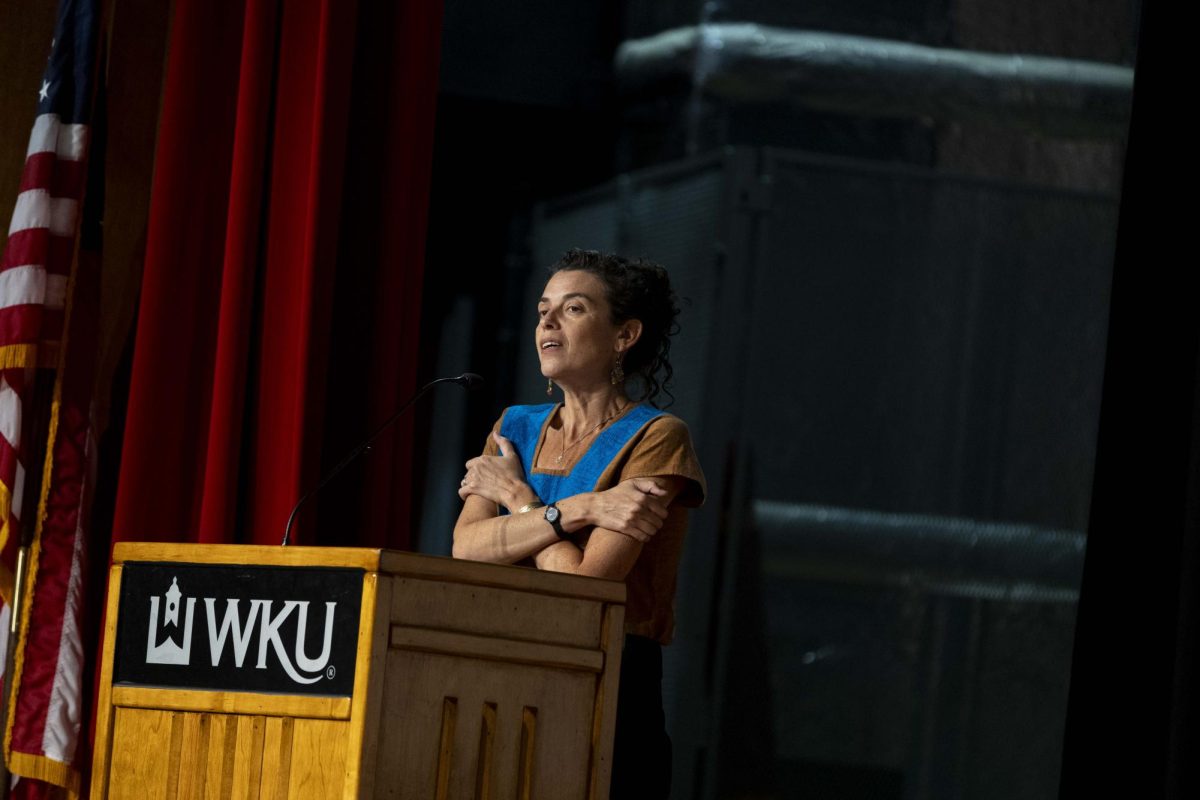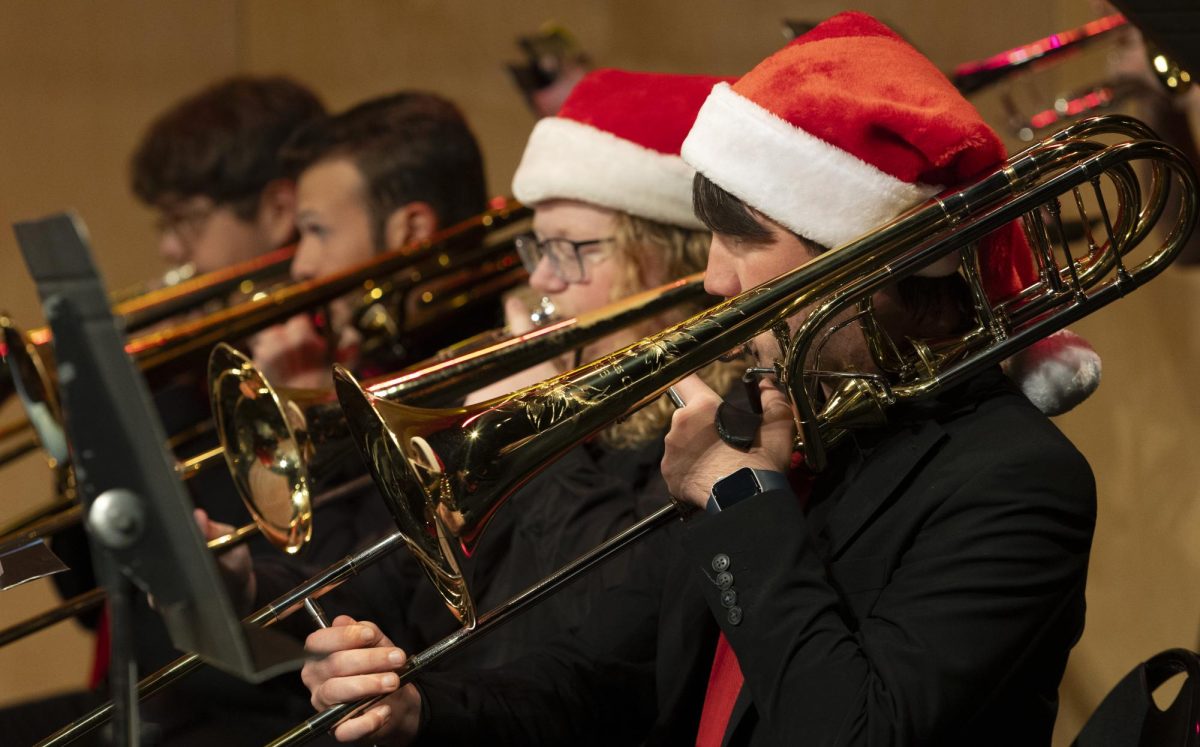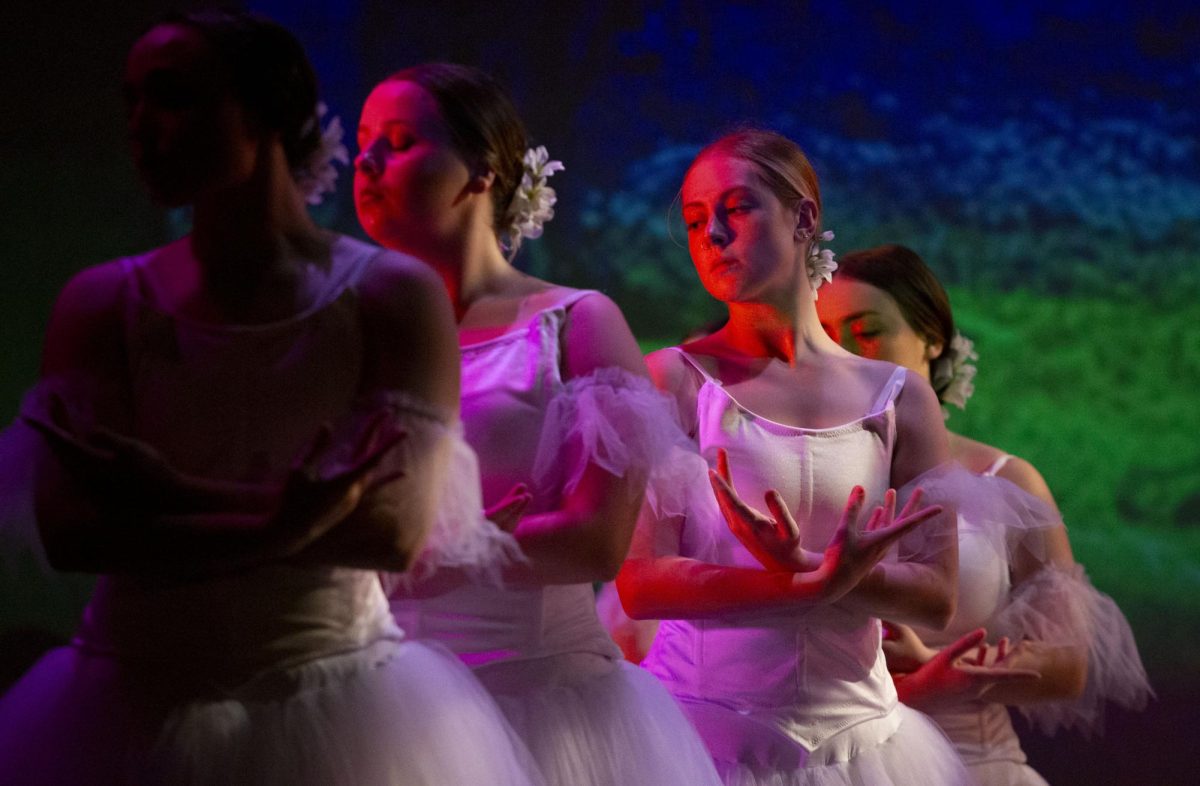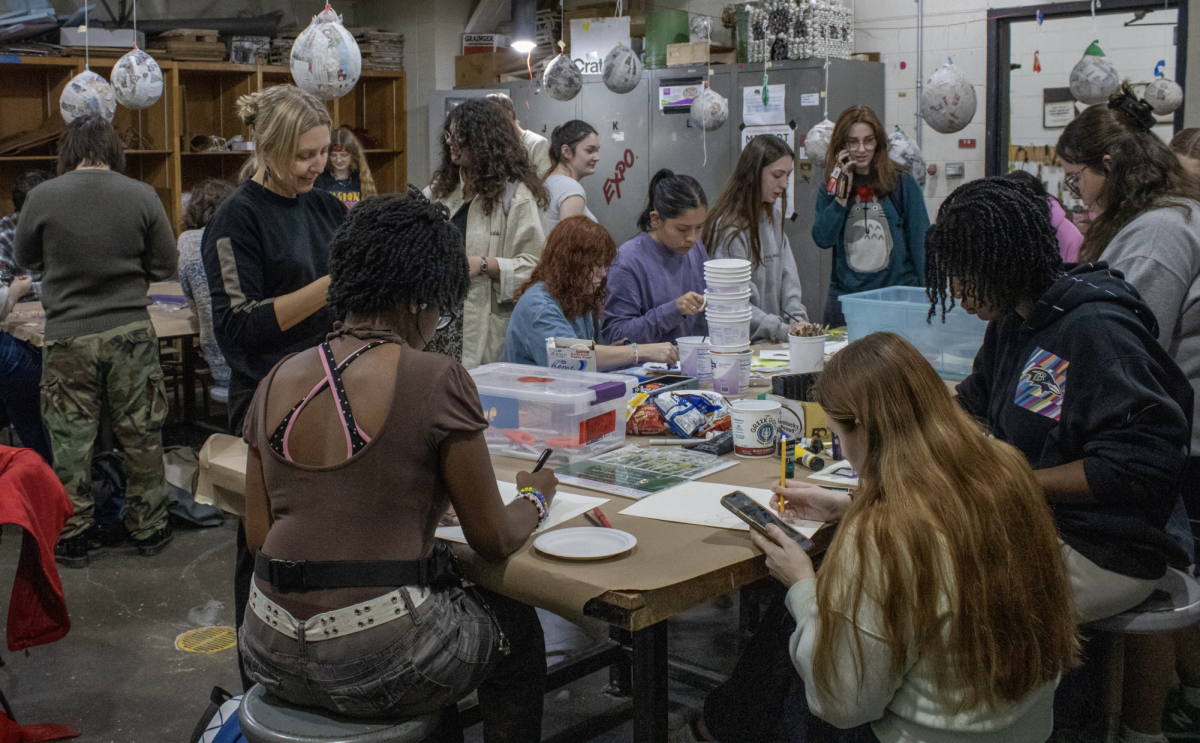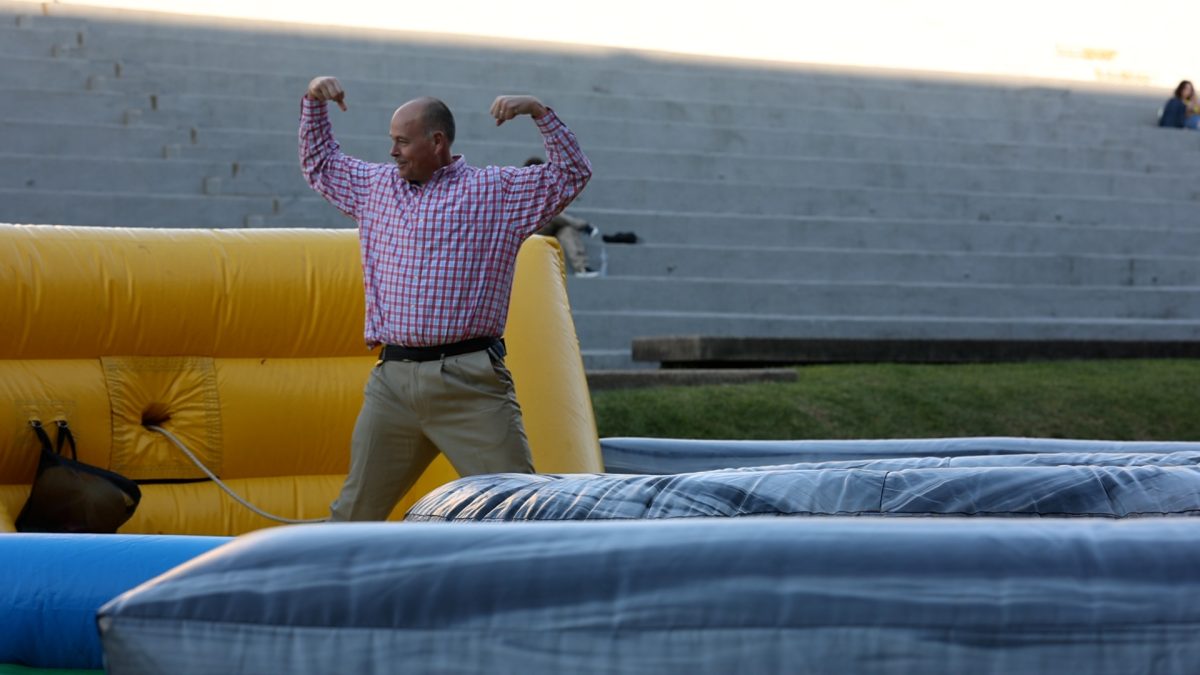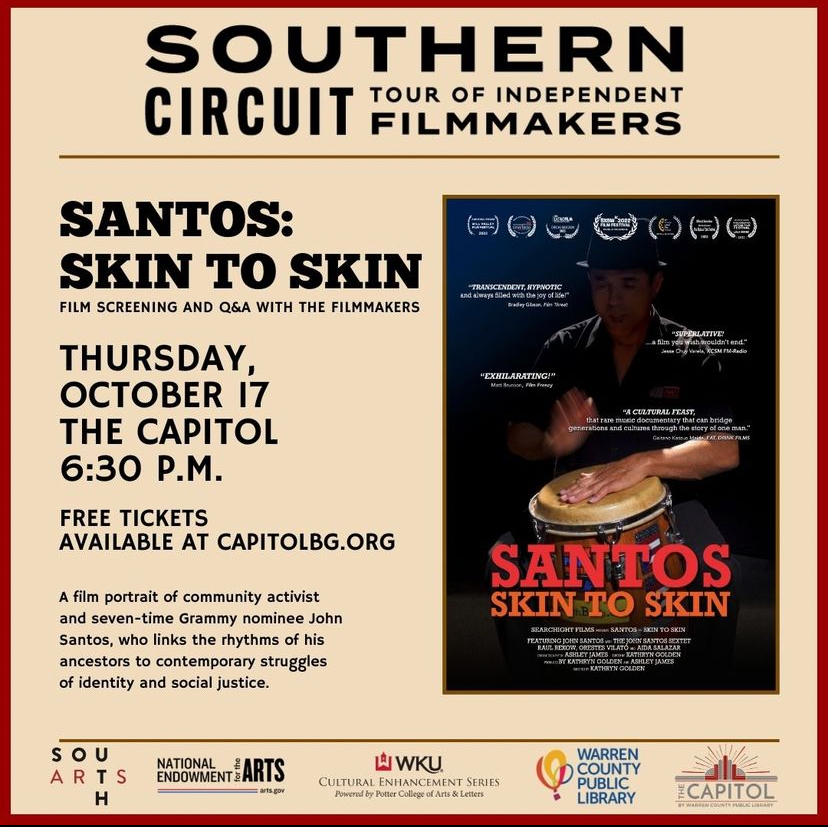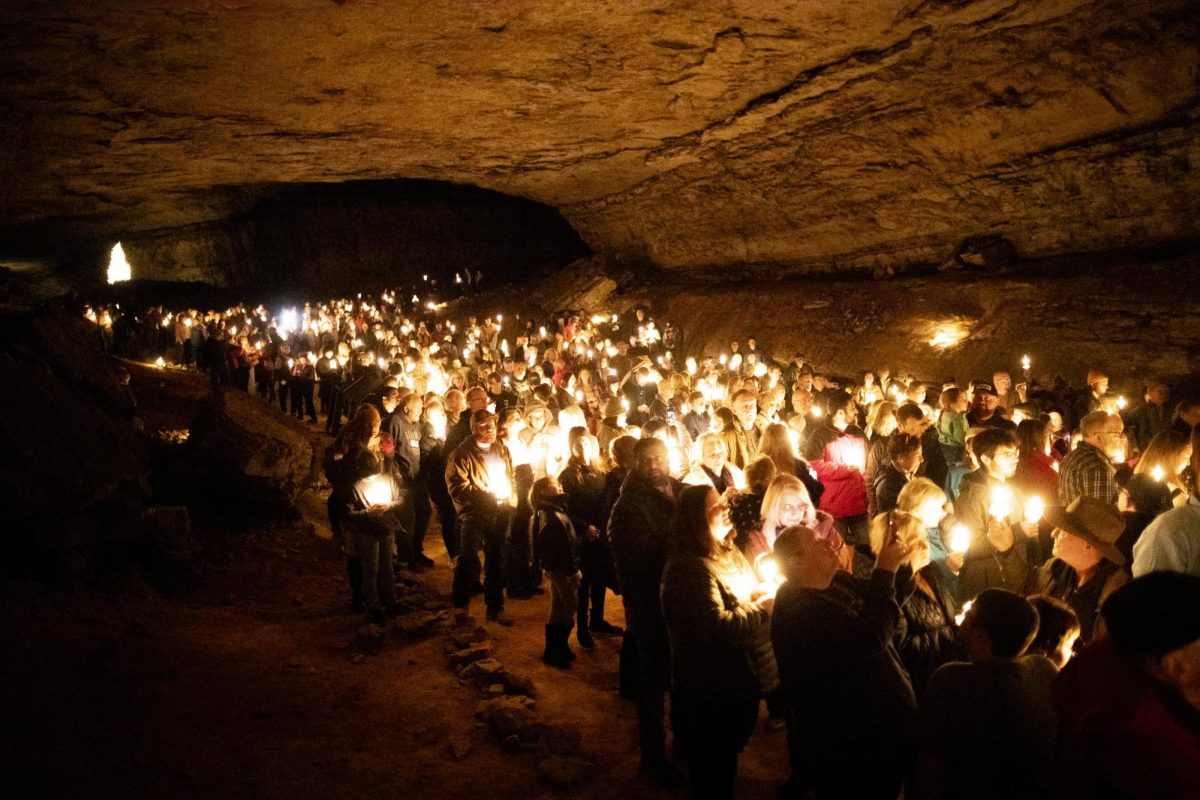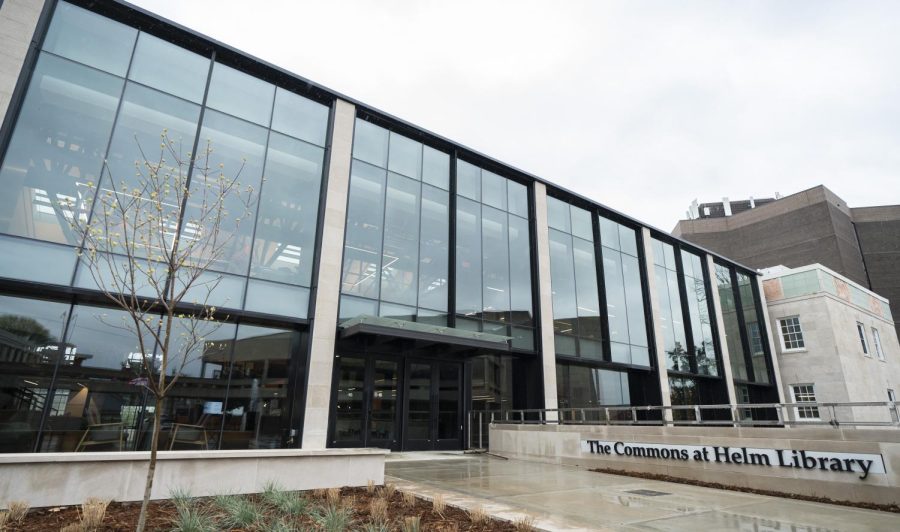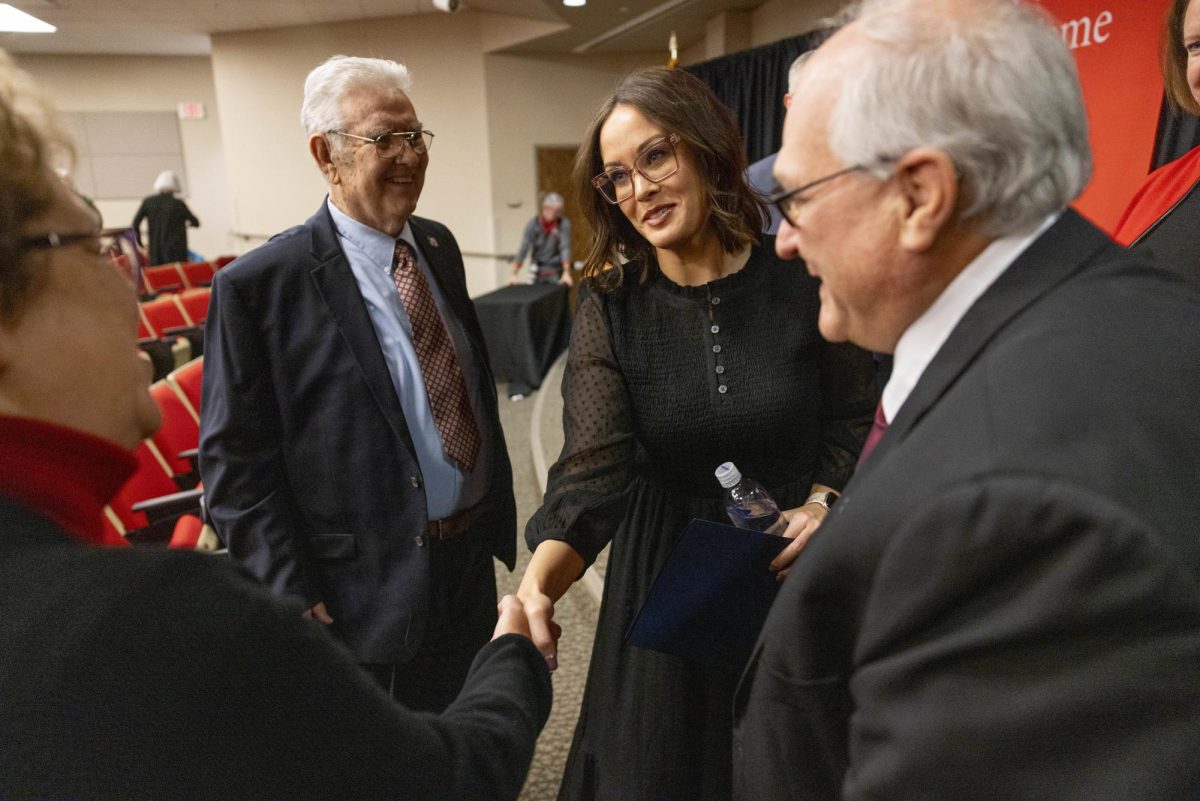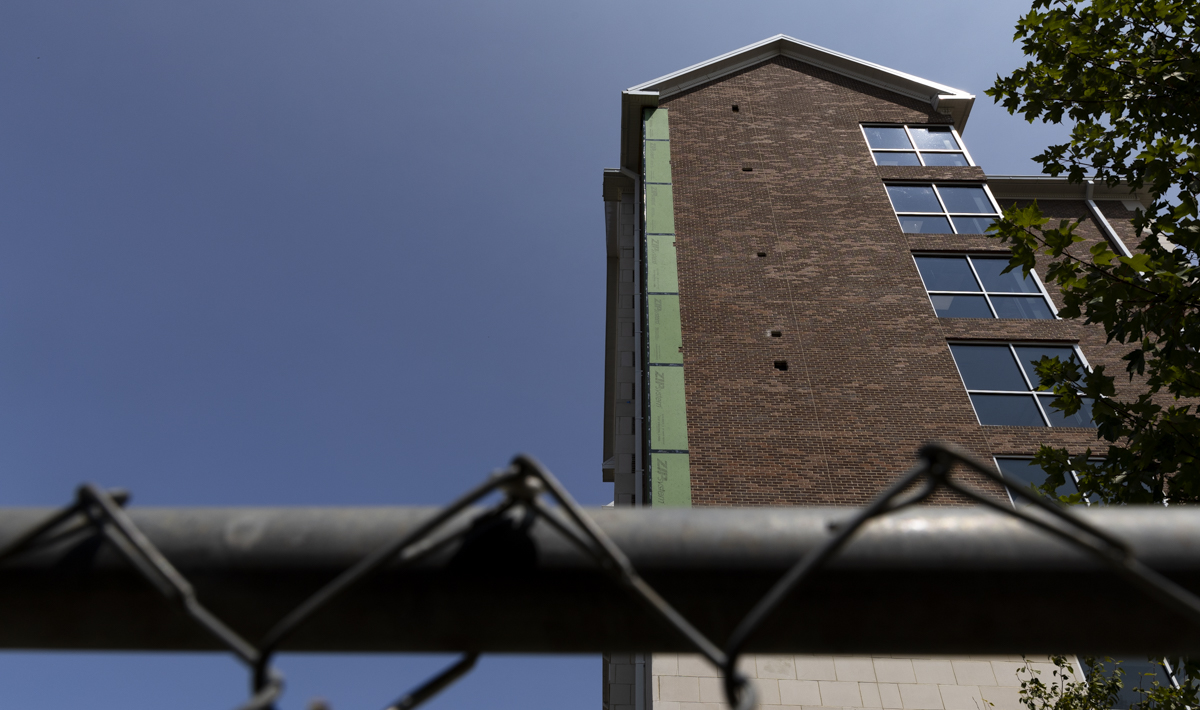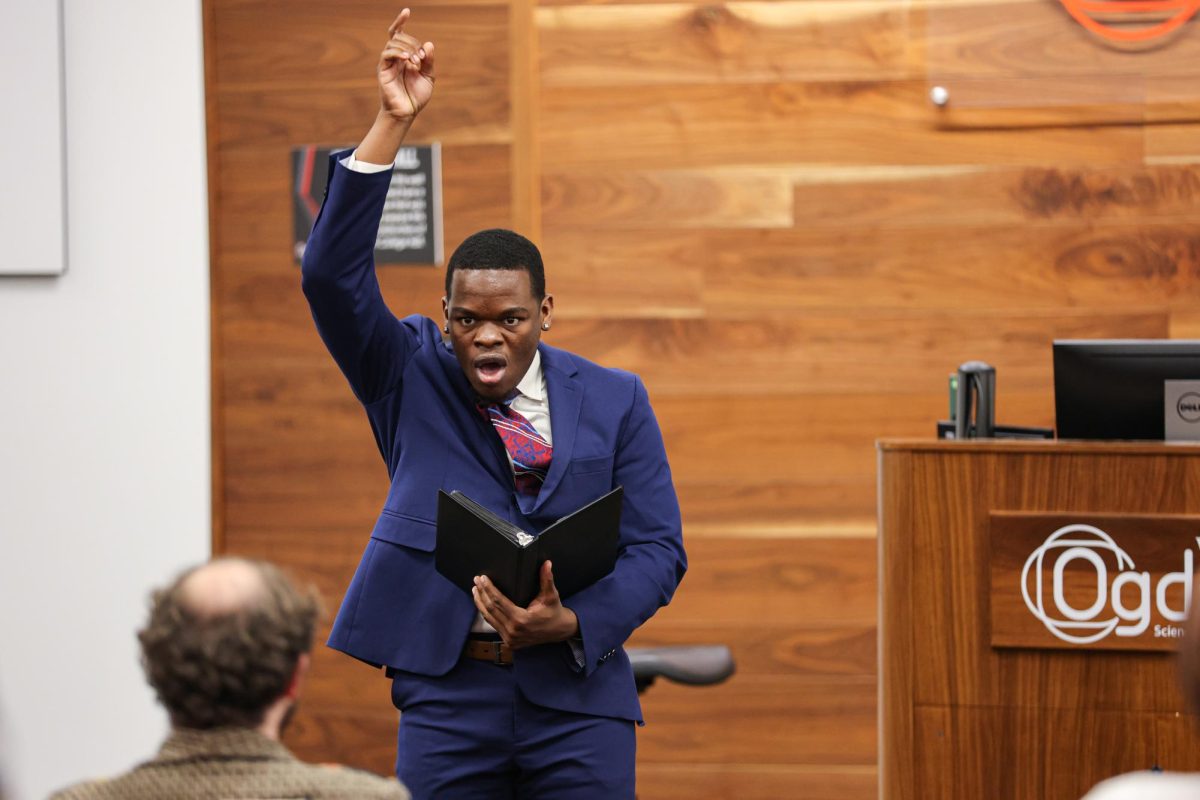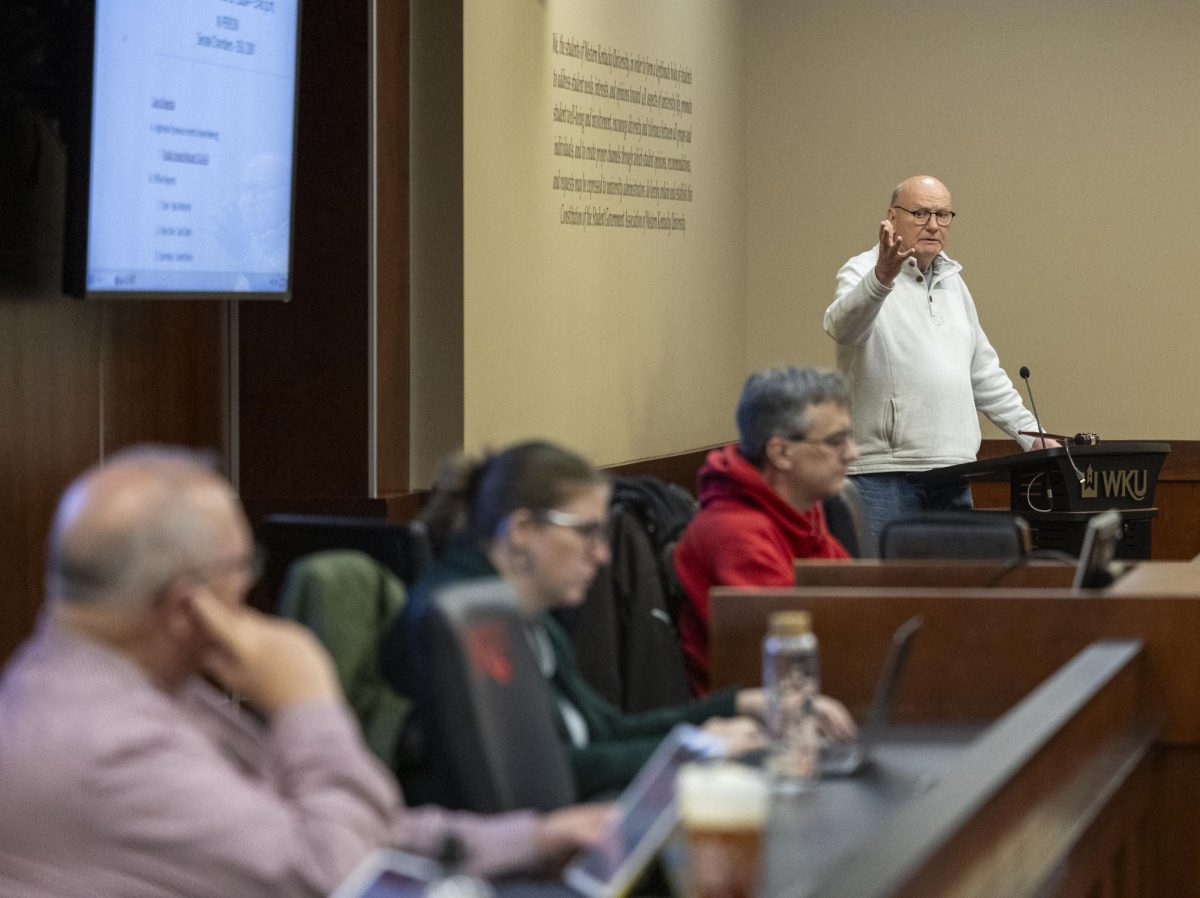The PCAL Cultural Enhancement Series hosted award-winning playwright, musician and author Quiara Alegría Hudes on Thursday night to celebrate Hispanic Heritage Month.
Hudes is the Pulitzer and Tony-winning writer of “In the Heights” and “Water by the Spoonful” and creator of “Emancipated Stories.” She was raised in a tight-knit Puerto Rican family that had a heavy emphasis on heritage.
“Puerto Rico never leaves us, that granular irritant scrapes at our insides so far from its original shore,” Hudes said in her speech. “That sand knocks around until we’re a homesick family with guts full of pearls.”
Family and heritage are something that Hudes emphasized during her speech. She spoke of her Tio [Uncle] George and his service in the Marines, her stepfather walking to school everyday barefoot, her mother giving her baths for her depression and, most importantly she said, her Titi [Aunt] Jenny washing the rice before cooking it.
“This way our dinner always began with a baptism,” Hudes said about the washing of the rice. “By this method, as if finger-raking a Japanese rock garden, Titi Jenny touches every grain before it hits the oil that has been heating on the stove. That is how our pot gets filled. One grain at a time.”
Hudes also spoke about her cousin, Sean Ortiz. When Ortiz was previously incarcerated, Hudes said she and her cousins formed “Emancipated Stories,” a “writing project bridging two populations: those inside the justice system and those outside it,” according to Hudes’ website.
When speaking on the future of “Emancipated Stories” and other advocacy projects to the Herald, Hudes said, “I think it would be beautiful for it to end up as a collection one day, like a published book. It’s a little hard to get the permissions from all the authors who are like scattered like seeds on the wind across the nation.”
The “My Broken Language” author also talked about her connection to art and how it tied into her cultural background and heritage during the speech. Her writing has always harkened back to her elders, she said. She based “Elliot, A Soldier’s Figure” on her tio’s experience in the Marines, and so much of the culture of “In the Heights” originated from her experiences with her Puerto Rican family.
“As I mentioned, there’s a lot of fighters in my family,” Hudes told the Herald about her approach to living and working as a writer in the current political climate. “I have a softer approach a little bit. I did learn that. I think it comes naturally from my abuela, like she was a soft-spoken lady, and so her acts of radical questioning of the status quo came in very gentle and discreet and sneaky ways.”
Hudes also spoke personally about her thoughts on legacy and what it means to her.
“What communities have the most perspectives representing them? Same with income brackets, same with gender,” Hudes said.“You know, I think about these things a lot, and so when I think about legacy, the real goal that my heart pushes towards is just a sense of taking up more space on the library shelves.”
Hudes emphasized the importance of her legacy to those who come from similar backgrounds and whose people have similar histories.
“The truth is, I’ve never held Broadway in any particular esteem,” Hudes said. “Its nickname is the great white way after all, and I descend from a colonized people. So what, then, was the dream?”
Hudes did not ask the audience that question, instead asking it of herself. In answering this questions, she talked of dreams that came and went over time and of the many things she hoped for over the years but said there was only one dream that stuck.
“The dream that outlives them all, the dream that fits in my pocket and stays there for years, through loads of laundry, is that grain of rice, like a breadcrumb I follow every day, on a trail leading I don’t know where,” Hudes said.
News Reporter Malone Farmer can be reached at [email protected].

